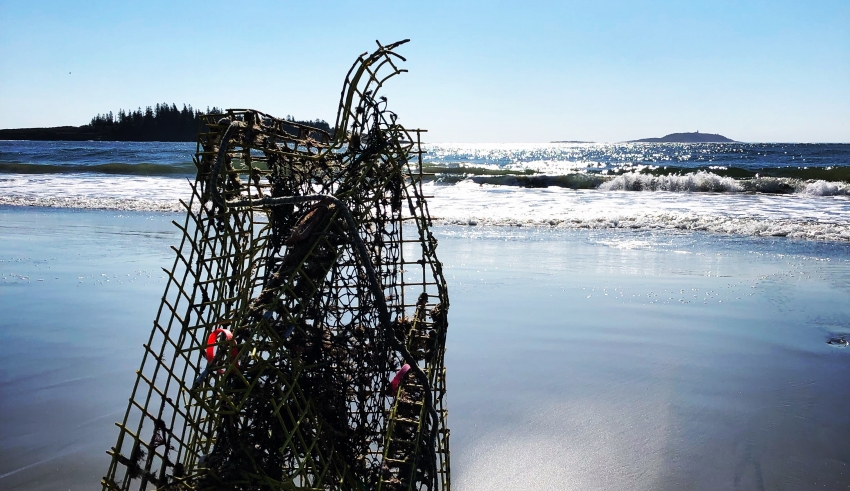
The third domain is Ideas. We must continuously engage in problem-solving and decision-making regarding how we get from where we are at the present time (the domain of information) to where we want to be in the near (or distant) future (the domain of intentions). We engage in these processes when plotting out our own individual life and when we collaborate with other people in a group or Team setting.
The gap between our current state (as informed by information) and our desired state (as identified by intentions) is reduced (or eliminated) through the production of ideas and the movement to action based on the review of these ideas. We propose that a group becomes a Team when it can effectively integrate all three of these domains.
We call these “domains” because they resemble the nature and dynamics of domains that existed in Europe during the Middle Ages. During this time period, there were not large political states in Europe; rather, there were many smaller fiefdoms run by kings and queens (living in the legendary castles of Europe). These royal leaders presided over a specific region that was called a “domain.” Each domain operated with its own set of rules, codes of conduct, history, legends and even variations on a language of the broader culture.
The same dynamics operate in the domains of information, intentions and ideas. Each of these domains has its own rules, codes of conduct, history, legends and language. As in the case of the domains of Europe, we must shift our perspectives and practices when moving in our life from one domain to another (from information to intentions, from intentions to ideas, and so forth). Furthermore, each of us is likely to feel most at home in one of these three domains. We want to dwell in a world of information and reality, or in a world of intentions and vision. Perhaps, instead, we prefer to reside in a world of ideas and action. These preferences reside at the heart of the human spectrum.
The Human Spectrum and Interpersonal Needs
The perspectives and practices of the three domains penetrate virtually all aspects of our life. These influence the way in which we lead organizations, approach the personal problems we face in our life, and even select the people in our world with whom we wish to work and share our life. Among other things, these three domains relate to the needs we wish to be met in the groups and Teams that we have joined (Schutz, 1994). Specifically, to refer to Schutz’s terms, the domain of information to the need for Inclusion, the domain of ideas to the need for Control and the domain of intentions to the need for Openness.
Download Article












